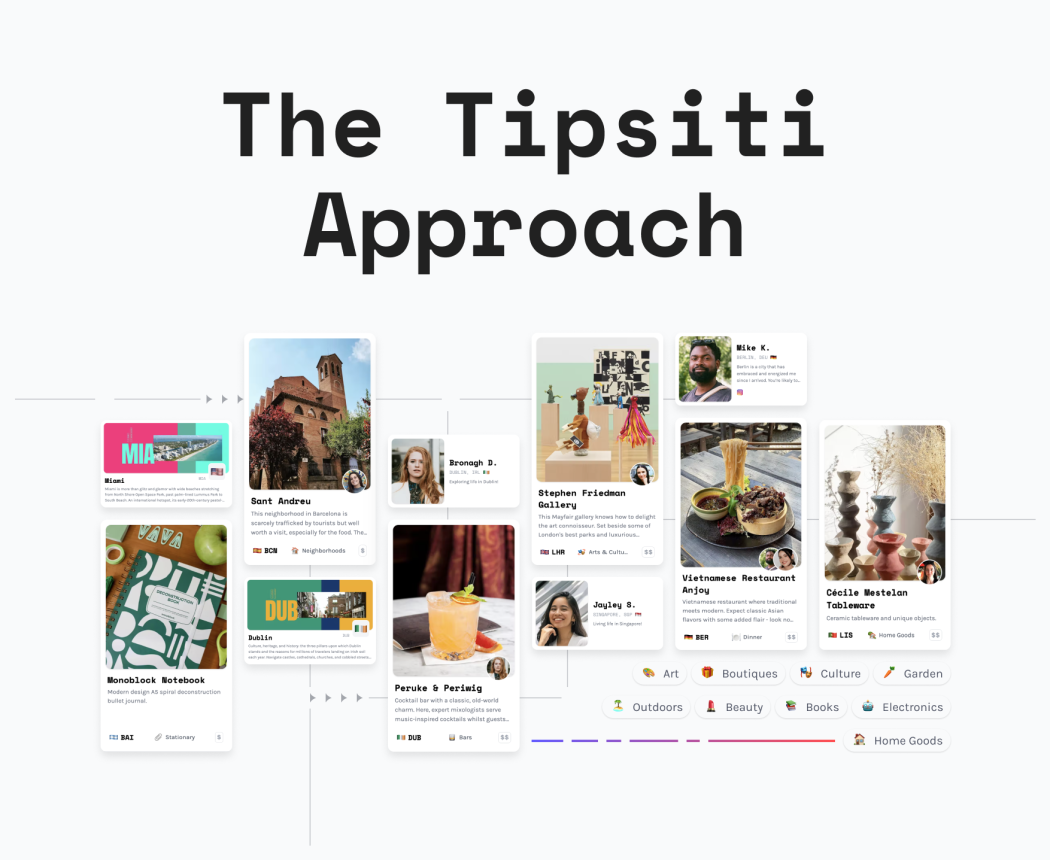How AI is Impacting the Travel Industry
“AI” was the word of the year in 2023, and it will likely be the word of the decade when we are through with it. While operating in the shadows for a good while, artificial intelligence has now announced itself in a big way, being a transformative force across various sectors, and the travel industry is no exception. It is reshaping how we plan, book, and experience travel. Let’s first take an introductory look at how AI is impacting the travel industry, before answering the more specific questions.
The Growth of AI in Travel
AI has been transforming the travel industry behind the scenes for years, from optimizing flight paths and streamlining airport operations to powering dynamic pricing models for airlines and hotels. Airlines have also used AI to enhance predictive maintenance, ensuring aircraft are serviced before issues arise.
Today, AI's presence is more visible, revolutionizing the traveler experience through advancements in machine learning, natural language processing, and data analytics. It has enabled companies to provide more personalized and efficient services in response to evolving consumer expectations and fierce market competition.
Personalized Travel Experiences
This ability to deliver deeply personalized experiences has been one of AI's most impactful contributions to the travel industry. By analyzing vast datasets at speed, including past travel behavior, social media activity, and personal inputs, AI tailors recommendations for flights, accommodations, and activities to match individual preferences. This progression aligns with shifting customer expectations: Hilton reports that 86% of travelers now actively seek personalized experiences, making AI-driven customization a key driver of customer satisfaction and loyalty in the travel industry.
> Read up on the latest travel trends from 2024 and the outlook for 2025.
Chatbot Efficiency
AI is also revolutionizing the operational side of the travel industry. Chatbots and virtual assistants are becoming commonplace, providing 24/7 customer support and handling routine inquiries. These AI-driven tools can manage bookings, answer FAQs, and assist with itinerary changes. This not only improves efficiency but also reduces operational costs for travel businesses.
Predictive Analytics and Demand Forecasting
AI's ability to process and analyze large datasets is equally valuable for predictive analytics and demand forecasting. Travel companies now use AI to anticipate demand fluctuations, optimize pricing strategies, and manage inventory more effectively. These capabilities allow businesses to maximize revenue while ensuring travelers receive competitive pricing and availability.
Sustainability and Environmental Impact
Sustainable travel has been a priority for travelers for years. Now, AI is poised to make contributions. AI models can optimize flight paths to reduce fuel consumption, suggest sustainable travel options, and help companies monitor and minimize their carbon footprint. There are considerations to be made though.
> Read about more travel expectations.
Challenges and Considerations of AI in Travel
The benefits are clear and AI is making waves. However, AI’s integration into the travel industry is not without challenges. Privacy concerns, data security, and the need for AI transparency are critical issues that must be addressed. The reliance on AI could also reduce human interaction, a valued aspect of the travel experience for many. The balance between AI efficiency and human expertise also comes into question when discussing personalized travel experiences and recommendations. It is already clear there must be a balance struck between the technological advancements of AI and the status quo of human touch moving forward.
Conclusion
AI is, and will continue to be, transformative – for travel and other industries. It delivers enhanced personalization opportunities, operational efficiency, and predictive analytics functionality. But these are very broad observations. How does AI influence and impact the hotel industry, specifically? What does using AI for personalized travel experiences look like? How will AI change the guest experience? What are the AI trends to watch moving forward? There are a lot of questions with even more answers for us to get to.
